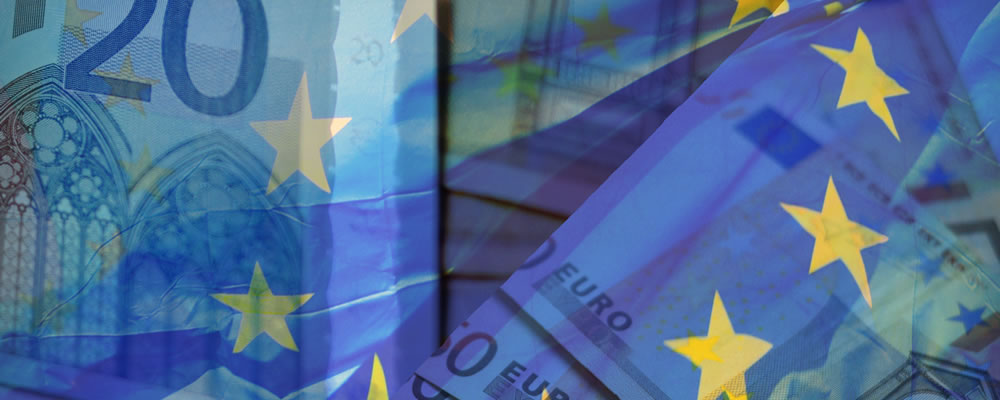The latest development in the Brexit situation prompted the Euro to Pound exchange rate to strengthen sharply, with market jitters triggered by the suggestion of an early 2017 activation of Article 50.
- Disappointing Eurozone PMIs failed to weigh on Euro outlook – Odds of ECB easing seen to increase
- Boris Johnson Brexit comments dented GBP exchange rates – Investors reacted negatively to prospect of early 2017 Article 50 trigger
- Resilient German business confidence forecast to extend EUR GBP uptrend – Positive German outlook likely to ease single currency concerns
- Stronger UK mortgage approvals to boost Pound – Robust housing market could encourage greater Sterling demand
Although the latest Eurozone data has been generally disappointing this has not prevented the Euro from trending higher, in part benefitting from the softness of the US Dollar.
EUR GBP Exchange Rate Rallied as Early 2017 Trigger for Article 50 Suggested
The Euro (EUR) proved decidedly resilient on Friday, remaining on a stronger footing against many of its rivals in spite of some disappointing data. Discouragingly, the Eurozone Composite PMI dipped to a twenty-month low of 52.6 as the German service sector posted particularly weak growth on the month. This did not seem to bode overly well for the European Central Bank (ECB), raising suggestions that policymakers will have to return to an easing bias before the end of the year.
Even so, the Euro to Pound (EUR GBP) exchange rate benefitted from a significant weakening in Sterling ahead of the weekend. Investors were spooked by comments from Foreign Secretary Boris Johnson regarding the timing of Article 50 being activated, something which Johnson indicated could happen early in 2017. This caught markets somewhat off guard, reigniting Brexit-based anxiety and uncertainty regarding the outlook of the UK economy once formal exit negotiations get underway. As a result the EUR GBP exchange rate climbed to a fresh monthly high of 0.8675.
Prospect of Further ECB Easing Forecast to Weigh on EUR GBP Exchange Rate
Tomorrow’s German IFO Business Sentiment Survey could offer further support to the single currency, with expectations for a modest uptick in confidence. Positive sentiment within the Eurozone’s powerhouse economy is likely to encourage greater demand for the Euro, suggesting that domestic conditions remain positive. Similarly, investors will be interested to see the result of the German GfK Consumer Confidence Survey for October, which could provoke further EUR GBP exchange rate volatility later in the week.
Euro movement is also expected in response to the latest commentary from ECB policymakers, even though it seems unlikely that there will be any particular shift in tone at this juncture. Any suggestions of dovishness from ECB President Mario Draghi could weigh heavily on the single currency, though. A bearish Euro trend is likely to persist in the longer term, with researchers at Danske Bank noting:
‘We still expect the ECB to announce an extension of the QE purchases beyond March 2017 later this year and most likely in December. The main argument should be that the underlying price pressure remains too low with core inflation undershooting the ECB’s projection. Hence, we do not believe the ECB will conclude inflation is on a sustainable path towards its 2.0% target although we look for inflation to rise sharply in coming months.’
Pound (GBP) Forecast to Trend Higher on Strong Mortgage Data
UK mortgage approvals figures are expected to give the Pound a rallying point, meanwhile, with the domestic housing market forecast to have remained resilient. An increase in mortgage approvals would suggest greater confidence amongst both lenders and consumers, giving the Bank of England (BoE) further reason to hold off on additional easing measures. However, with Brexit fears heightened once again Sterling could struggle to particularly capitalise on positive domestic data.
Reaction to the finalised second quarter GDP on Friday is likely to be a little muted, with investor attention expected to be more focused on the latest UK GfK Consumer Confidence Survey and Lloyds Business Barometer. Sentiment amongst consumers and businesses remain influential indicators in the post-referendum economy, with greater confidence seeming to indicate that the initial negative impact of the Brexit vote has continued to dissipate. Should the domestic mood improve further than the EUR GBP exchange rate is expected to weaken.



